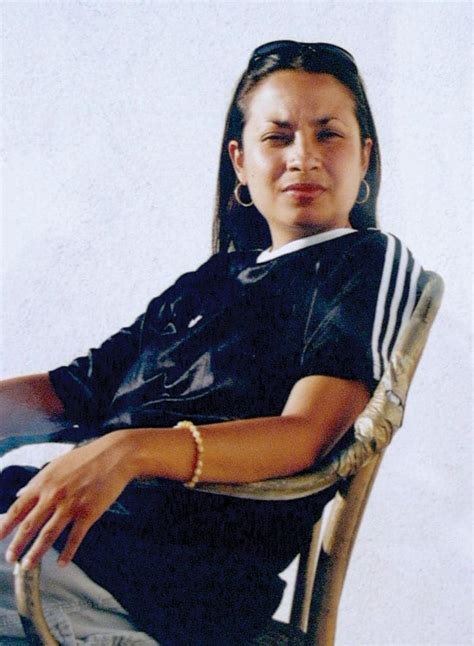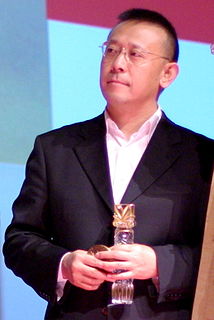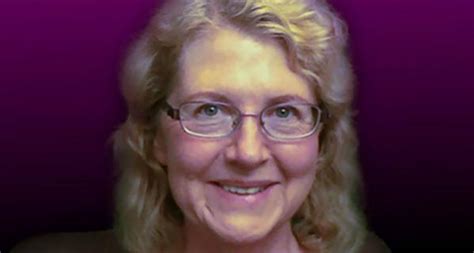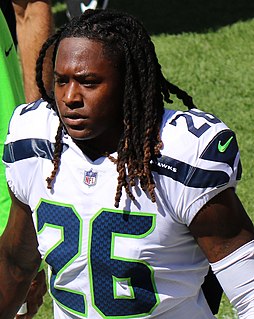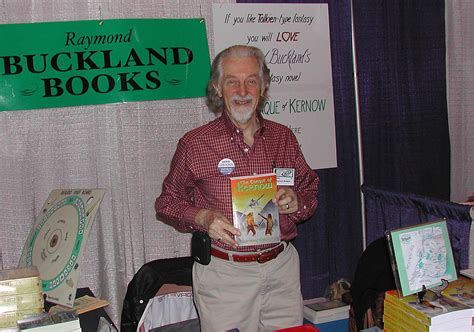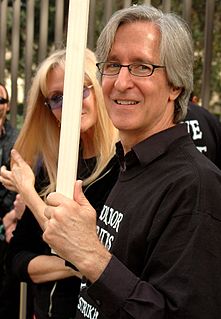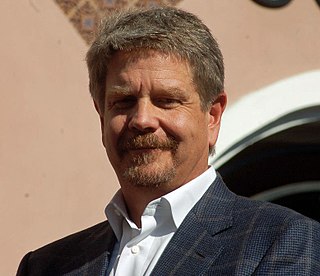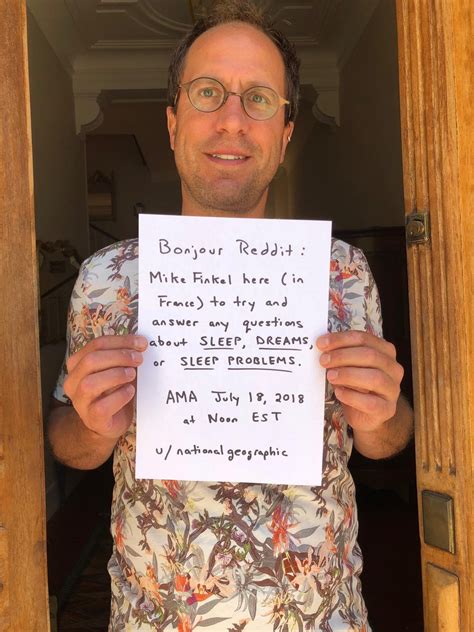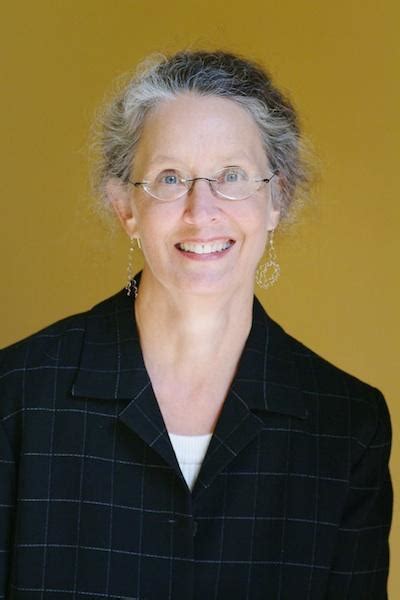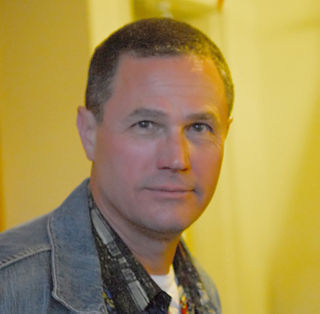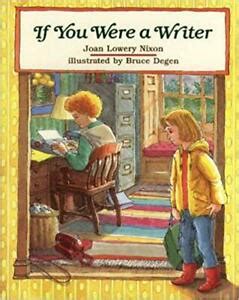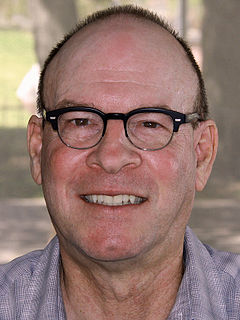Top 1200 Story Writing Quotes & Sayings - Page 3
Explore popular Story Writing quotes.
Last updated on October 16, 2024.
Good writing is good writing. In many ways, it’s the audience and their expectations that define a genre. A reader of literary fiction expects the writing to illuminate the human condition, some aspect of our world and our role in it. A reader of genre fiction likes that, too, as long as it doesn’t get in the way of the story.
I don't think we need a critic to negotiate with the audience. People say, "Who are you writing for?" I'm writing for myself but my audience is anybody who knows how to read. I think a story should engage anybody who knows how to read. And I hope that my stories do, maybe on a different level for more sophisticated readers than, say, a high school kid, but still a story has got to grab you. That's why we read it.
It's funny - for a long time, I didn't know I was writing a book. I was writing stories. For me, each story took so long and took so much out of me, that when I finished it, I was like, Oh my gosh, I feel like I've poured everything from myself into this, and then I'd get depressed for a week. And then once I was ready to write a new story, I would want to write about something that was completely different, so I would search for a totally different character with a different set of circumstances.
The Universe story is the quintessence of reality. We perceive the story. We put it in our language, the birds put it in theirs, and the trees put it in theirs. We can read the story of the Universe in the trees. Everything tells the story of the Universe. The winds tell the story, literally, not just imaginatively. The story has its imprint everywhere, and that is why it is so important to know the story. If you do not know the story, in a sense you do not know yourself; you do not know anything.
'Seize the Story' takes readers all the way through the process of writing fiction, from beginning to end. Every element, from dialogue to setting, plotting to character creation, is laid out and illustrated with examples. But the tone of the book is not that of a dry writing manual - it's definitely written for teenagers.
I think a good writer is a mix of confidence (sure that what they're writing is going to appeal to their readers) and uncertainty (what if all these words are crap?). If you're too confident, you get an attitude that seeps through into your writing, affecting the characters and the story. If you're too uncertain, you'll never finish anything.
Writing is like wrestling; you are wrestling with ideas and with the story. There is a lot of energy required. At the same time, it is exciting. So it is both difficult and easy. What you must accept is that your life is not going to be the same while you are writing. I have said in the kind of exaggerated manner of writers and prophets that writing, for me, is like receiving a term of imprisonment-you know that's what you're in for, for whatever time it takes.
A couple of pieces of advice for the kids who are serious about writing are: first of all, to read everything you can get your hands on so you can become familiar with different forms of writing: fiction, non-fiction, poetry, journalism. That's very important. And also keep a journal. Not so much, because it's good writing practice. Although it is, but more because it's a wonderful source of story starters.
My theory for nonfiction is that nobody can be free of some kind of conceptions about whatever story they're writing. But if you can find a way to build those into the story, then the story becomes a process of deconstructing and heightening and sometimes changing those notions and that makes dramatic tension. The initial statement of your position, and then letting reality act on you to change it, is pretty good storytelling.
To me, writing is much freer than dancing. With writing, you could do it whenever you wanted. You didn't have to do little exercises and stay in shape. You could have great moments of inspiration that advanced the story. In dance, unless you're going to choreograph things yourself, you're at the service of someone else.
I don't generate a storyline and then fill it out in the course of writing. The story actually generates in the course of the writing. It's one of the reasons I've never been comfortable doing screenplays, because in order to get the contract for the screenplay, you have to sit down and tell them what's going to happen.
Writing objects to the lie that life is small. Writing is a cell of energy. Writing defines itself. Writing draws its viewer in for longer than an instant. Writing exhibits boldness. Writing restores power to exalt, unnerve, shock, and transform us. Writing does not imitate life, it anticipates life.
I learned to separate the story from the writing, probably the most important thing that any storyteller has to learn-that there are a thousand right ways to tell a story, and ten million wrong ones, and you're a lot more likely to find one of the latter than the former your first time through the tale.
I wanted to be a director first to protect my writing. I'm a playwright and you don't need to protect your writing when you're in the theater because everyone's there to protect the writing. When I had an idea for a film that I really cared about as my own, I wanted to direct it, and then I immediately became interested in directing in and of itself because it's such a deep art. You suddenly have all these tools at your disposal to tell the story.
[Eugene Smith] was always writing these diatribes about truth, and how he wanted to tell the truth, the truth, the truth. It was a real rebel position. It was kind of like a teenager's position: why can't things be like they should be? Why can't I do what I want? I latched on to that philosophy. One day I snapped, hey, you know, I know a story that no one's ever told, never seen, and I've lived it. It's my own story and my friends' story.
My advice for telling someone else's story is to try not to consciously bend the story in any particular direction - to listen with an open mind, to include the good with the bad, to attempt to quell one's biases and allow the person you're writing about to emerge as wholly as possible, warts and all.
I hate outlines. I have a broad sense of where the story is going; I know the end, I know the end of the principal characters, and I know the major turning points and events from the books, the climaxes for each book, but I don't necessarily know each twist and turn along the way. That's something I discover in the course of writing and that's what makes writing enjoyable. I think if I outlined comprehensively and stuck to the outline the actual writing would be boring.
I had wanted to be a novelist for so long, but I didn't have a story. That story came from the death of my father, and wrestling with how to help my mother. Writing it allowed me to work through my fears, frustrations and desires. I wanted control over the situation. And I wasn't sure I would have any in real life.
Until recently we’ve only been able to speculate about story's persuasive effects. But over the last several decades psychology has begun a serious study of how story affects the human mind. Results repeatedly show that our attitudes, fears, hopes, and values are strongly influenced by story. In fact, fiction seems to be more effective at changing beliefs than writing that is specifically designed to persuade through argument and evidence.
It's only a story, you say. So it is, and the rest of life with it - creation story, love story, horror, crime, the strange story of you and I. The alphabet of my DNA shapes certain words, but the story is not told. I have to tell it myself. What is it that I have to tell myself again and again? That there is always a new beginning, a different end. I can change the story. I am the story. Begin.
